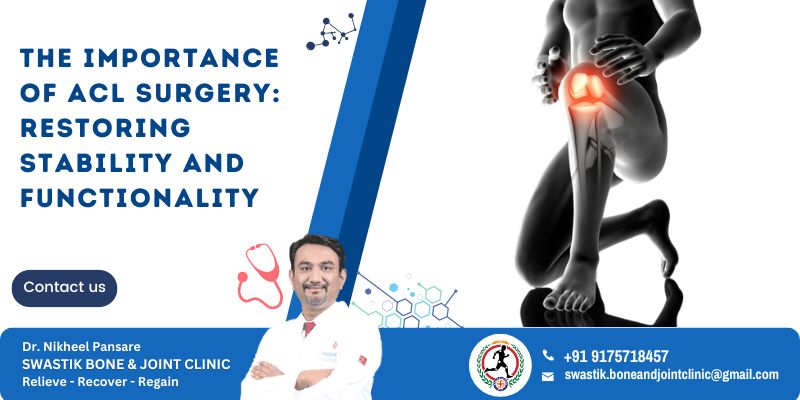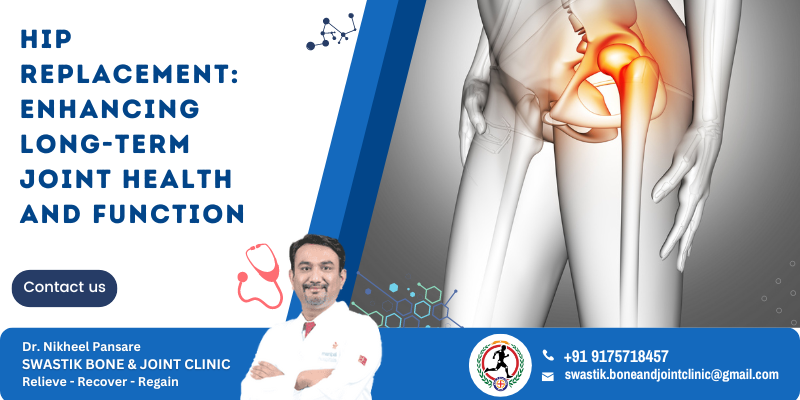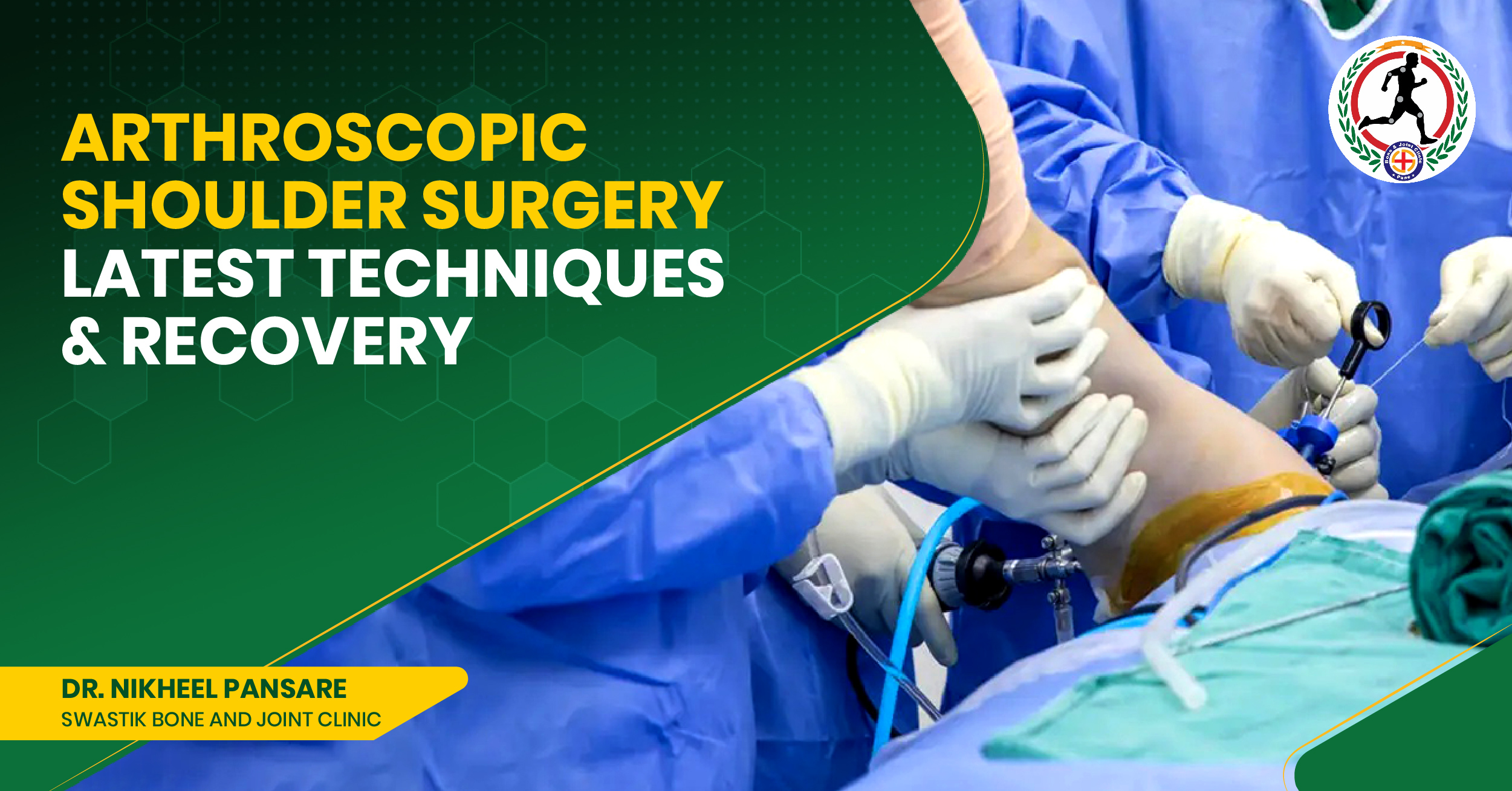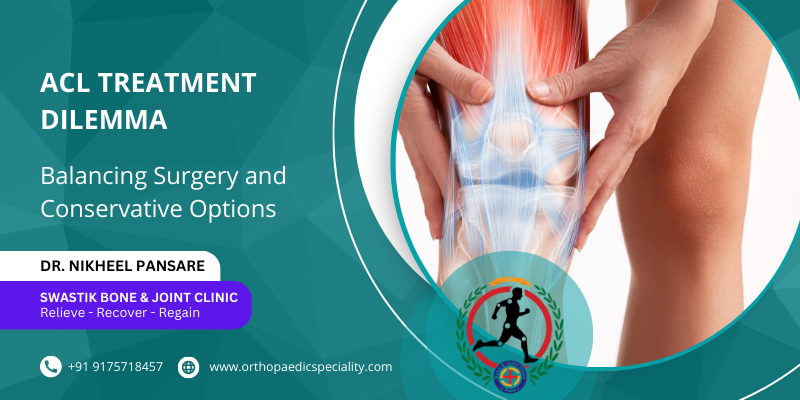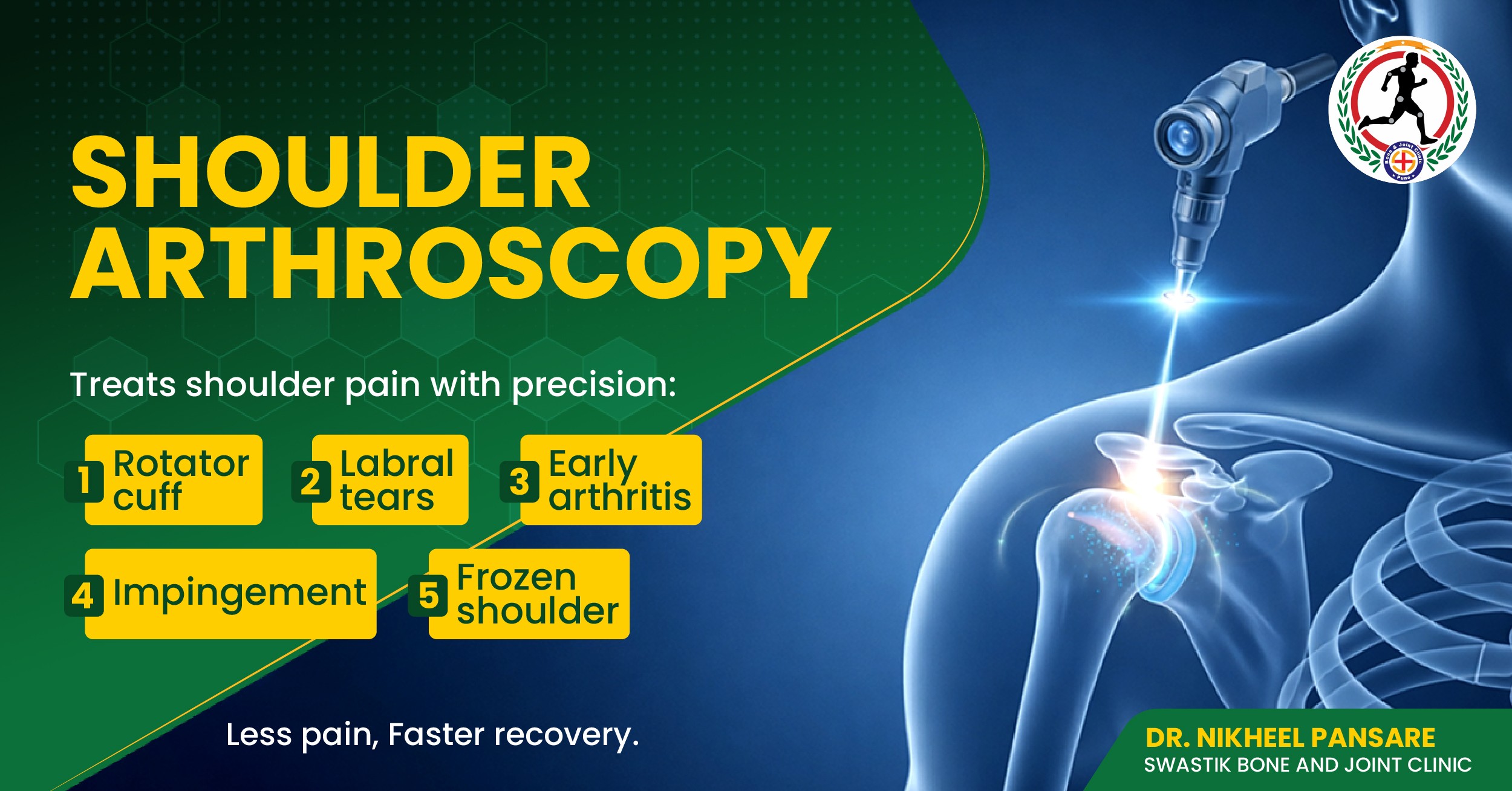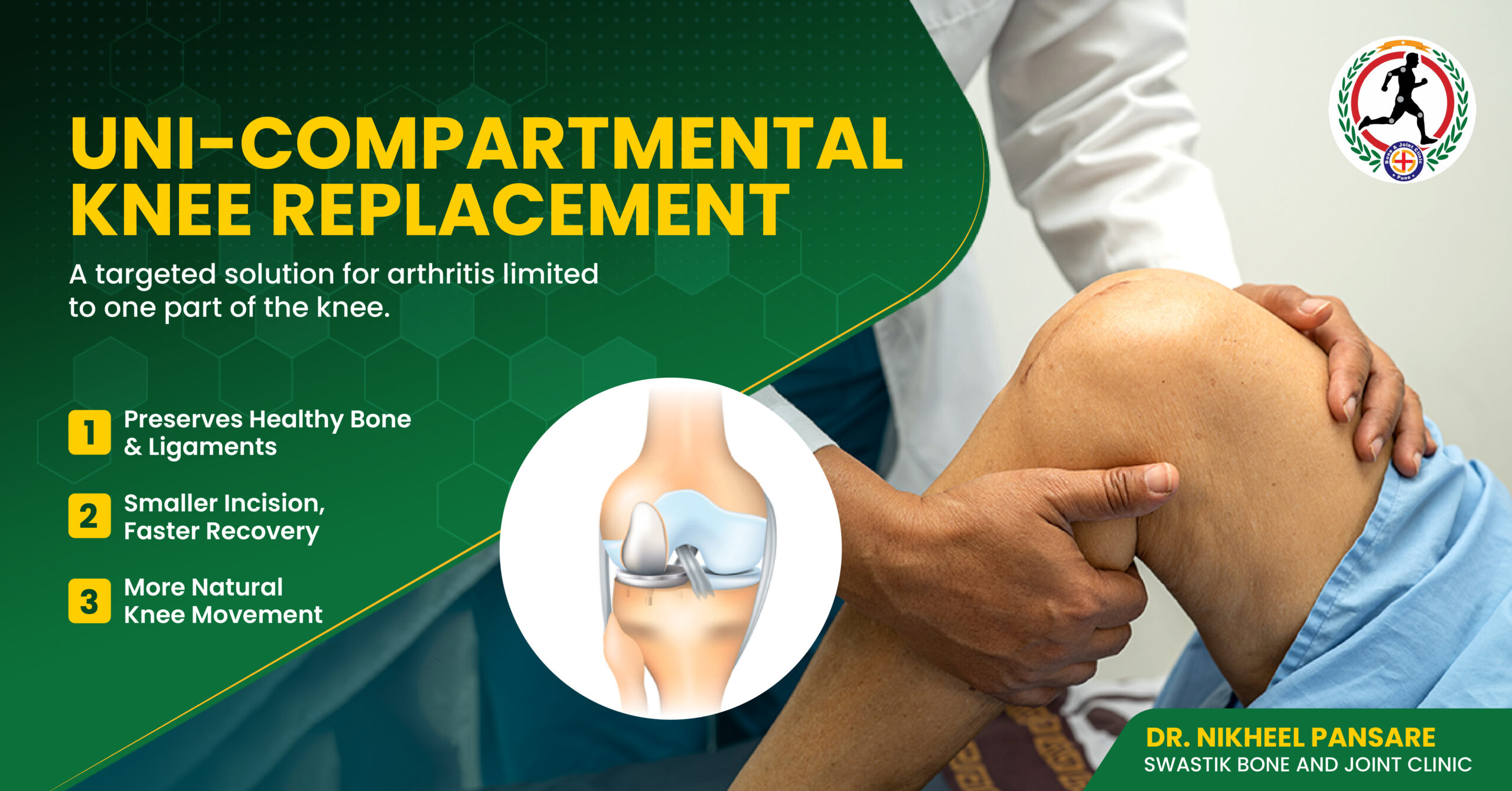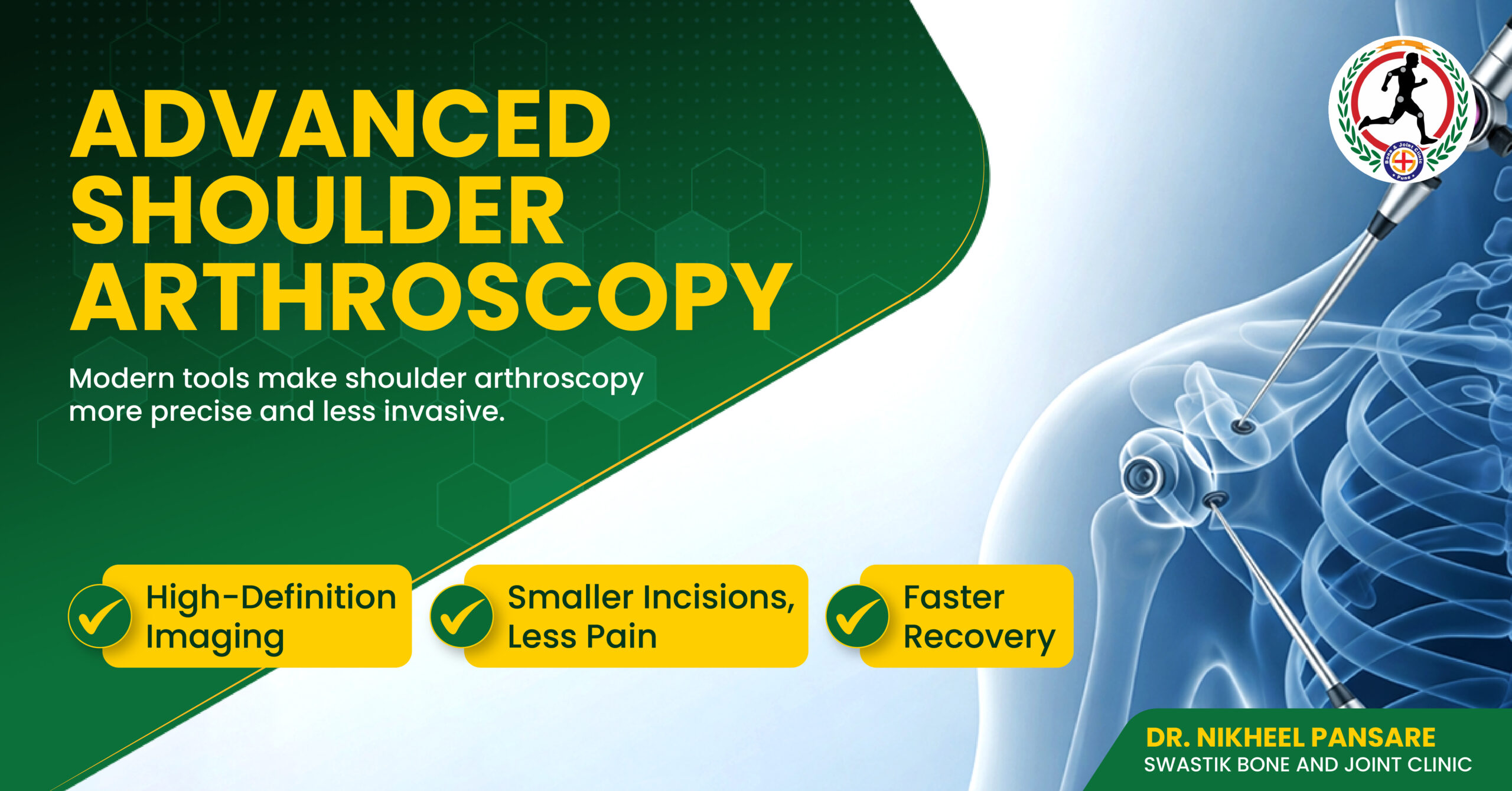The anterior cruciate ligament (ACL) is a crucial ligament in the knee joint, providing stability and preventing excessive rotation and wobbling. An ACL tear, often caused by sudden changes in direction or pivoting motions, can significantly disrupt knee function and lead to pain, instability, and difficulty performing activities that require complex movements.
Understanding ACL Tears and Their Impact
ACL tears are among the most common knee injuries, particularly affecting individuals involved in sports that demand agility and quick changes in direction. These tears can range from partial to complete ruptures, with varying degrees of impairment and potential long-term consequences.
Symptoms of an ACL Tear
The most common symptoms of an ACL tear include:
A popping or snapping sensation in the knee
Severe pain and instability
Difficulty walking, running, or jumping
Swelling and inflammation in the knee
Reduced range of motion
If you experience any of these symptoms, it is essential to seek immediate medical attention for proper diagnosis and treatment.
Treatment Options for ACL Tears
Treatment options for ACL tears depend on the severity of the injury and the individual’s activity level. Non-surgical treatment options, such as rest, ice, compression, and elevation (RICE), followed by physical therapy, can be effective for managing minor tears and individuals with low activity levels.
However, for more severe ACL tears, especially in individuals who engage in high-impact sports or activities that demand rotational movements, surgical reconstruction is often recommended. ACL reconstruction involves replacing the torn ligament with a graft from another part of the body or a donor.
The Significance of ACL Surgery
ACL surgery is a highly successful procedure that can restore stability, function, and range of motion to the knee joint. It allows individuals to return to their desired activities and prevent further injury and degeneration of the knee joint.
Factors Affecting ACL Surgery Outcomes
Several factors can influence the outcomes of ACL surgery, including:
The surgeon’s experience and expertise
The patient’s overall health and fitness
Compliance with post-operative rehabilitation
Role of Dr. Nikheel Pansare
Dr. Nikheel Pansare, a renowned orthopedic surgeon at Swastik Bone & Joint Clinic in Pune, India, is recognized as one of the best
ACL surgeons in Pune. His extensive experience and expertise in ACL reconstruction have helped numerous patients regain knee stability, function, and mobility, enabling them to return to their active lifestyles.
Conclusion
ACL surgery plays a crucial role in restoring stability and functionality to the knee joint following an ACL tear. With its high success rates and the expertise of surgeons like Dr. Nikheel Pansare,
ACL surgery allows individuals to reclaim their mobility and active lifestyles.
If you are experiencing an ACL tear, consulting with a qualified orthopedic surgeon in Viman Nagar near Kharadi, Pune like Dr. Nikheel Pansare can help you determine the best treatment course and achieve optimal outcomes.


